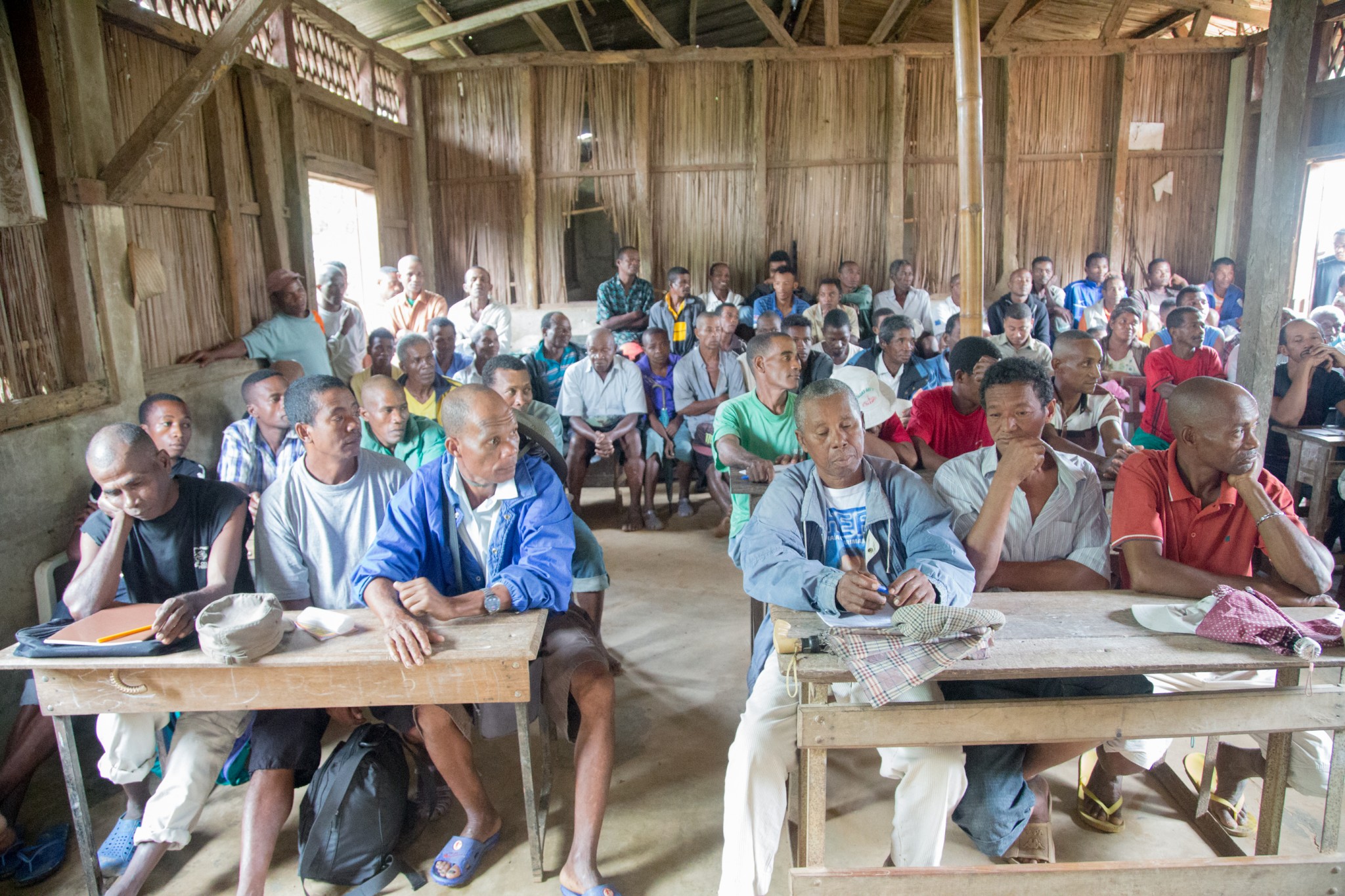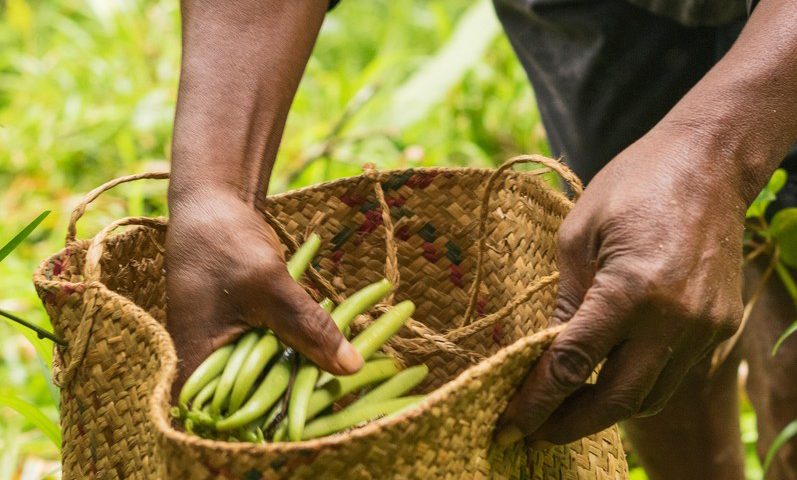The Livelihoods Fund for Family Farming recently launched a sustainable vanilla sourcing project in Madagascar with Danone, Firmenich and Mars. Prova, a supplier to Mars, and Fanamby, a Madagascan NGO are also partners in this project. It aims to triple farmers’ revenues and provide companies with quality and fully traceable vanilla over a 10-year span. It will also focus on food security and contribute to the protection of a unique local ecosystem.
What is the process to set up a project with multiple stakeholders and 3,000 family farms? Hatim Issoufaly, Senior Project Coordinator, and Jérémie de Charentenay, Business Manager, at Livelihoods Venture, the social business which advises the Livelihoods Funds, take us behind the scenes for a glimpse at how this project was designed.
Livelihoods Venture: What was the starting point for Livelihoods Funds to design a vanilla sourcing project?
Jérémie de Charentenay: For vanilla, while most farmers don’t make a decent living out of their crop, companies are faced with degrading quality, unsecured supply and volatile prices. It is a lose-lose situation. Several initiatives have been launched to address these issues. We gathered those experiences into a joint and integrated project as companies felt they could achieve a bigger impact by joining forces. We strived to understand how vanilla is produced from farmer to factory as well as the specific issues of its market and governance. Our objective was to come up with simple, efficient and replicable solutions adapted to the farmers we wanted to work with.
Hatim Issoufaly: While discussing with vanilla farmers, we understood they were harvesting and selling green vanilla too early to bridge their hunger gap. Therefore, with Fanamby, our local NGO partner, we designed long-term solutions to strengthen farmers’ food security and adapt their cash flow throughout the year. We combined field work with science-based research and we also considered the social, environmental and economic background of farmers. It can take us up to one year to conduct this kind of investigation and design an action plan.
L.V: Is an efficient agronomic solution enough to make a project successful?
J.d.C: Designing innovative solutions is not enough. We must find the right way to involve people and the right business model to bring them to life. We align the companies, the project developer and the farmers on the same goals and long-term commitments. Over time, we have realized that the best project developer is not always the one having the greatest technical skills. Our projects are based on social transformation and we need project developers who can drive this transformation at scale.
H.I: The most important feature of our job is to create trust between companies, farmers, civil society and business partners. As a project coordinator, we must be able to put ourselves in each partner’s shoes to understand their expectations, constraints and motivation. A simple misunderstanding, due to cultural or organizational differences, can put a project at stake. We conduct all the discussions to find a common ground to create shared value for all parties. I’d say that this is almost 50% of our job.
L.V: How can you be sure Livehoods Funds’ projects will deliver?
H.I: To have a real impact, Livelihoods Funds work with thousands of smallholder farmers. This means that our solutions must be simple to implement at large scale by the farmers and generate tangible benefits. We make sure the project developer has all the means and resources to implement the project in due time. If one component is underperforming, we quickly identify why and implement corrective actions with the project partner to meet our objectives.
J.d.C: The Livelihoods Fund for Family Farming develops projects over a 10-year span. This means that beyond the scale of our projects, we have to deal with their duration and find means to sustain their impact even when the monitoring process is over. It requires very strong relationships between the project partners to maintain commitments when the investment is over. The trust we will have been able to build between them and the win-win situation we will have created are decisive for projects to have lasting impacts.



